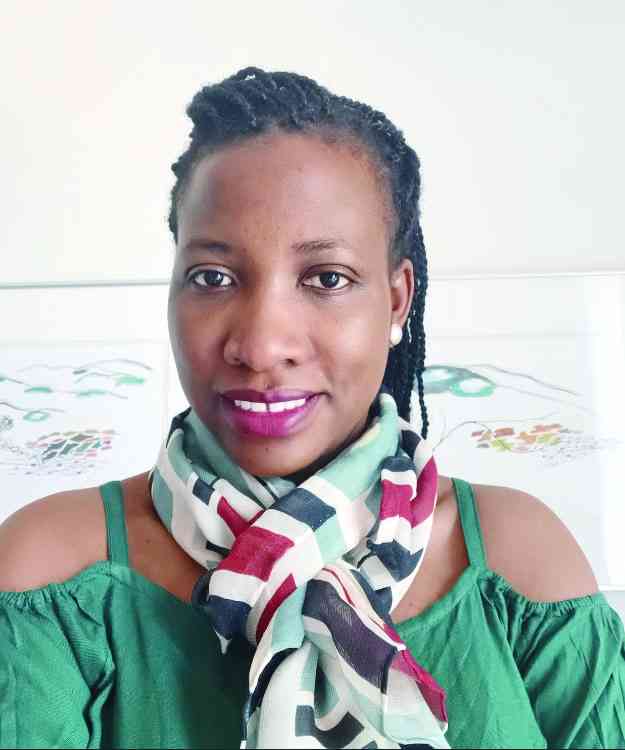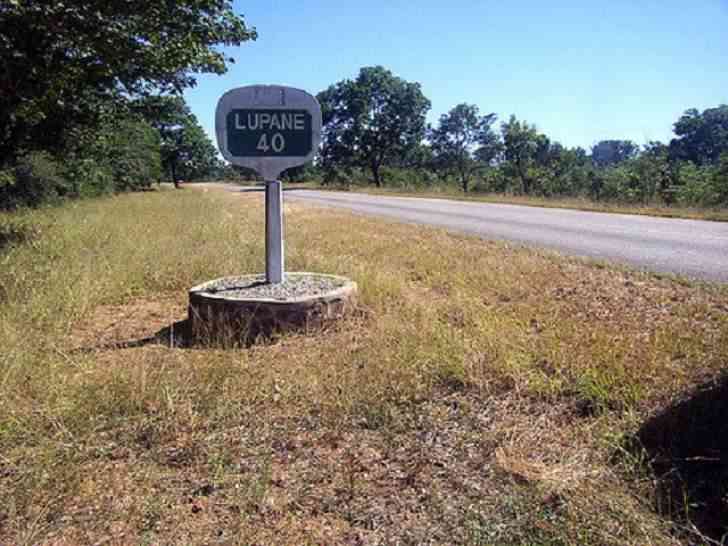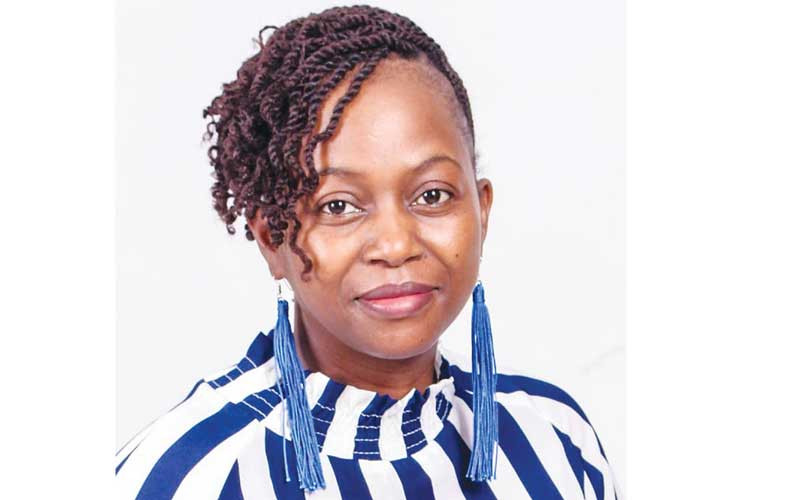
AUSTRALIA-BASED author Rumbi Chen, real name Rumbidzai Chenai Dunduru, has confessed that her desire for writing and health activism was inspired by social displacement and economic challenges she faced in her teenage life, which gave her the strength and wisdom to build resilience.
Chen has three books in her catalogue, which include a poetry anthology, Dudu Muduri, Ramblings of an Old Teenager and Gango Musanganiswa weNhetembo. She is working on a second collaboration with Elliot Chatsama titled The Land Baron, which will be released in July 2025. Her first collaboration with Chatsama gave birth to The Storm. She rates collaborations with Chatsama and Sherlyn Chigiji on A Journey in Confusion as some of the most exciting experiences in her career path.
Through fictitious characters and narratives, Chen’s writing made abstract problems like drug abuse or mental health more relatable, hence breaking the stigma. Influenced by her recent training in creative writing for social change, she encourages the youth to be true to themselves.
“As for The Storm, it was an exciting and whirlwind experience, being our first creative project together. The massive time differences called for sacrifices as we both had other work and life demands.
“We discussed themes like drug abuse, corruption and diplomacy to ensure authenticity. It was all about working together, balancing our ideas and diving deeper into the characters and plot. As we speak, we are finalising the novel, The Land Baron. It will be released in July 2025,” she said.
“My collaboration with Sherlyn Chigiji on A Journey in Confusion challenged me the most, emotionally.
"This is a collection of short stories from women who have experienced domestic abuse, often within the context of marriage and child marriages around the world.
"Chigiji came up with the idea of this book as several women had approached her and her main drive was that no one is an island they should share problems, as it helps to keep one in good health.”
- Chatima, Dunduru launch investigative novel The Storm
- Rumbi Chen turns challenges into resilience
Keep Reading
Chen admitted that most of her writing is informed by her experiences when growing up in Zimbabwe, observations, listening to the grey-haired wisdom around and reference to her home library.
“My extensive reading since I was a child also shaped my worldview. Moving to Australia, I experienced a culture shock. Living in a multicultural society highlighted cultural barriers in health promotion and the need for inclusive, culturally-sensitive storytelling, which then led me to books such as Ndezve Meso.
“Drawing on both experiences, I use fiction to humanise public health issues, like drug abuse and gender-based violence (GBV), making them relatable across cultures and inspiring both personal empathy and broader societal and policy change. This journey has blended my cultural identity, academic insights and creative voice into a unique space of literature, health advocacy and social impact,” she said.
Born and bred in Harare’s high-density suburb of Mufakose, Chen said she witnessed firsthand the negative effects of drug abuse and the resultant mental health problems.
“In Zimbabwe, drug abuse has become a significant public health issue due to its increasing prevalence. In Australia, the federal government has various free and affordable resources for its people, something we are not privy to in Zimbabwe. In college, we had free 24/7 mental health support and other support services,” she said.
“Unfortunately, in Zimbabwe, such comprehensive and accessible support services are often lacking. This gap highlights the need for more investment in mental health resources and education. I draw from those parallels to tell my stories, blending my experiences and the gaps I’ve observed. I also include other issues such as GBV, drawing from the experiences of those around me, my observations, or from the news, bringing those voices and struggles to the forefront.”
Chen said cultural identity and expression held her to her roots while also learning new ways of life.
She recognised that in today’s global world, identity is shaped by the stories we grow up with and the ones we choose to tell.
Regardless of what the world says about Zimbabwe, whether good or bad, I’m proudly Zimbabwean.
My books carry that which I deem necessary for preservation of my roots, while mixing with what’s around me,” she noted.
“Yes, cultural storytelling can be a powerful form of healing in post-colonial societies like ours. It helps people to remember who they are, reclaim their voices and make sense of past pain, which can inform how we understand ourselves today and shape a more empowered future. In my writing, I use stories to appreciate the heroic feats of our people, connect with my roots and imagine a future shaped by hope, not trauma.”







